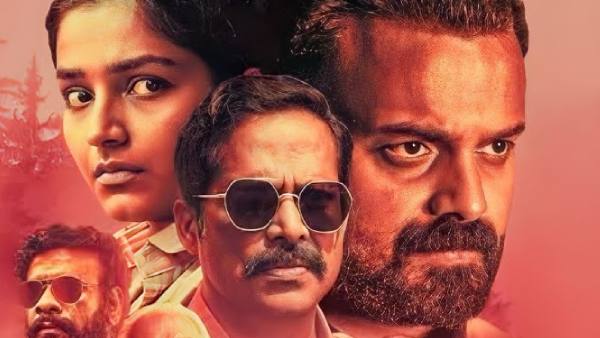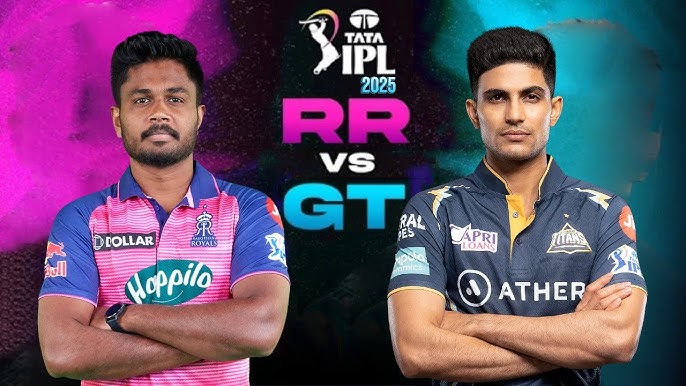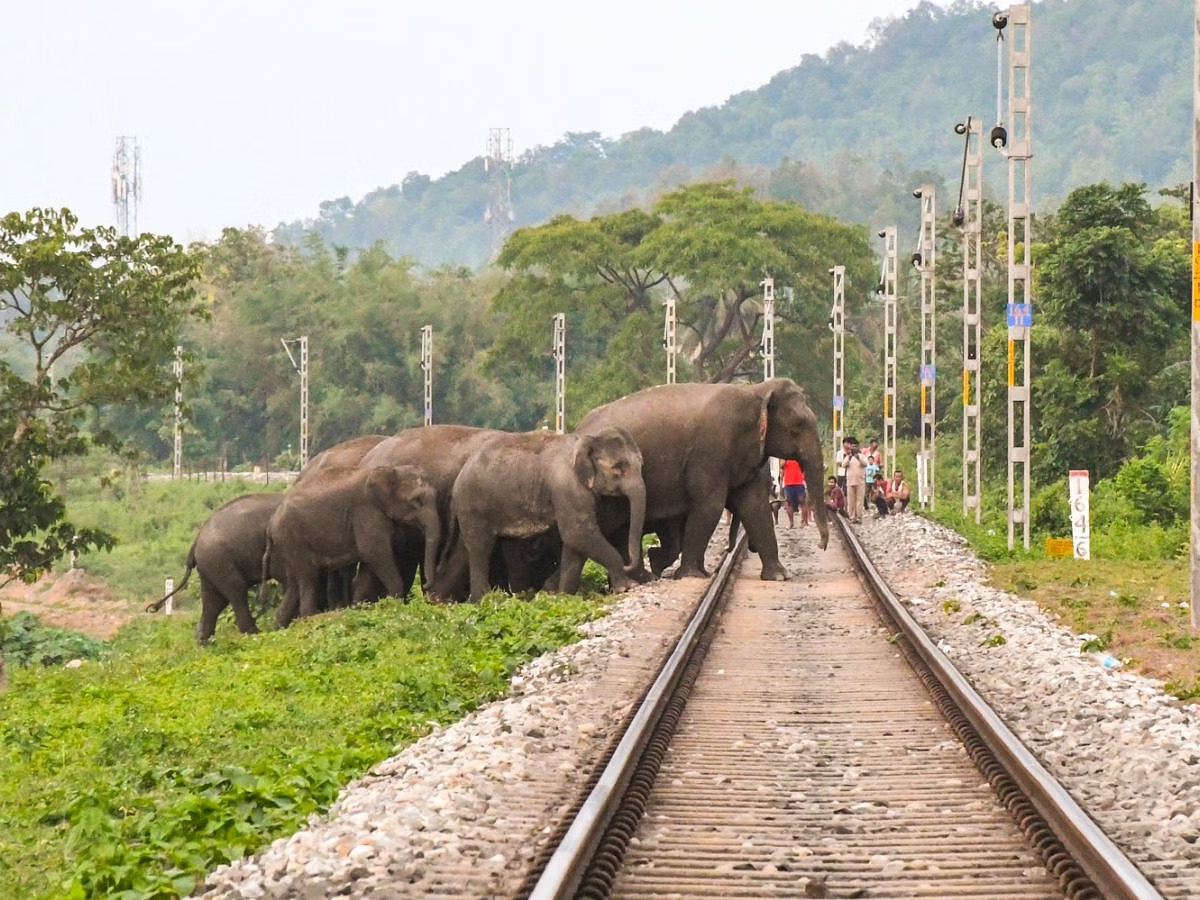By focusing on one genre, Kerala’s film industry threatens to sideline the very diversity that made it stand out
It was a deja vu moment. I had just watched Kunchako Boban’s latest crime thriller Officer On Duty, and the cinematic aftertaste was no different from Mohanlal’s Grandmaster, a 2012 hit. A cop with a broken family and a crime that connects to their past. Gripping, well-made, fast-paced adrenaline fest, yes — but still old wine. And that’s when I realized, Malayalam cinema’s crime thriller arc might be coming a full circle.
Malayalam cinema has long been like a sadhya (feast) — a little bit of everything, with a balance of taste and texture. You had your comforting dal (family dramas), fiery achar (political dramas), crispy pappadam (comedies), and the sweetness of payasam (experimental films). The variety made it a unique experience, with one or the other dish surprising us. Now? It feels like we’re being fed the same preparation over and over — crime thrillers.
 A well-made thriller can be like a solid plate of Kozhikode biryani — spicy and intense, which keeps you coming back for more. But imagine having it for breakfast, lunch, and dinner. At some point, you’ll start craving something else. That’s where Malayalam cinema seems to be heading right now. Someone’s always being chased, murdered, or gaslit, and there’s always that one last-minute twist that either leaves the viewer stunned or makes them sigh, “Oh, this again”.
A well-made thriller can be like a solid plate of Kozhikode biryani — spicy and intense, which keeps you coming back for more. But imagine having it for breakfast, lunch, and dinner. At some point, you’ll start craving something else. That’s where Malayalam cinema seems to be heading right now. Someone’s always being chased, murdered, or gaslit, and there’s always that one last-minute twist that either leaves the viewer stunned or makes them sigh, “Oh, this again”.
Of course, thrillers are winning for a reason. They’re engaging and perfectly suited to today’s attention-deficit audience. In an era where people swipe past a video if it doesn’t hook them in three seconds, a good thriller doesn’t waste time — it grabs you by the collar and doesn’t let go. But here’s the real question: Is Malayalam cinema losing its balance by overindulging in this genre? Is it starting to sideline the very diversity that made it unique?
Let’s give credit where it’s due — Malayalam cinema has become really good at making thrillers. Unlike Bollywood, where a “thriller” often means slow-motion shootouts and villain monologues that last longer than a train ride across Kerala, Malayalam thrillers thrive on silence, subtlety, and atmosphere. Drishyam (2013) didn’t need high-speed car chases, Anjaam Pathira (2020) didn’t need a series of jump scares and Joji (2021) took Shakespeare’s Macbeth and made it so eerie, we felt uncomfortable even in broad daylight.
They’re also cheaper to make. Unless the director is hell bent on churning out a half-cooked KGF lookalike, they’re cost-effective. You don’t need extravagant sets or CGI-heavy sequences — just a smart screenplay, an efficient crew, and a cast that can act, all of which Kerala definitely has.
And then, there’s the social media factor. Let’s face it: Movies today aren’t just made for theatres. They’re made for Instagram reels and viral memes, filled with clippable moments. Think of the jaw-dropping court scene from Drishyam 2 (2021) — we didn’t just watch it, we shared it. The unsettling silences in Rorschach (2022)? Perfect for a short video edit. That one-line revelation in Iratta? Instant meme material. Thrillers, by nature, fit this formula. A gripping moment, a shocking reveal — just the kind of thing that gets shared a thousand times. Compare that to a slow-burning family drama — great cinema, sure, but not exactly a trending reel.
The problem with overdoing thrillers is that they become predictable. Every film now feels like it needs a twist, even if it doesn’t make sense (looking at you, The Priest, 2021). Psychological breakdowns are being used so often, you start wondering if every Malayali character is just one bad day away from losing it (Joji was smooth, Theerppu, meh). Serial-killer thrillers are copy-pasting themselves (What even was the point of that creepy kid in Forensic?).
If all we’re chasing is the next viral twist, we might be killing off the kind of cinema that made us special: the range. Let’s be honest, it’s been a while since we’ve had another Maheshinte Prathikaram (2016) or Kumbalangi Nights (2019) or Nanpakal Nerathu Mayakkam (2022).
And nobody’s saying we should stop making thrillers. They work, but we need to mix it up. Malayalam cinema became great because of its variety. The same Padmarajan who did the romantic masterpiece Thoovanathumbikal (1987) did Ee Thanutha Veluppan Kalathu (1990), probably our first serial-killer movie. The versatile Sathyan Anthikkad who gifted us the lush green scapes of rural Malayali lives gave us a vengeance drama Pingami (1994) too. Anjali Menon, who gave us a meditative Manjadikuru (2008), a zesty Bangalore Days (2014), also remade the Marathi psychological drama Happy Journey (2014) as Koode (2018).
And there’s a lot out there to explore! We’re yet to see a cyberpunk thriller set in a futuristic Kerala (like in the comedy Gaganachari, 2024), a post-apocalyptic survival story, or a psychological sports drama that delves into the mental toll of competition. A proper war film, a folk horror based on Theyyam or a Pan’s Labyrinth-style dark fantasy based on Kerala myths would bring fresh excitement. Even a grounded rural musical where the story unfolds through songs could be groundbreaking.
The best films aren’t made for algorithms — they’re made because they deserve to exist. We didn’t become one of India’s best film industries by following trends; we set them. Imagine if the ’80s and ’90s had only made slapstick comedies — we wouldn’t have gotten an Adaminte Vaariyellu (1983), a Yavanika (1982), a Moonnam Pakkam (1988) or even a Ramji Rao Speaking (1989). And if it keeps pushing thrillers just because they sell, it will miss out on the next great classic.
Crime thrillers will always be exciting. But if Malayalam cinema wants to keep evolving, it needs to take bigger risks. It has proved it doesn’t need big budgets or VFX-heavy spectacles to create a sensation. It just needs to think afresh. The films that truly endure are the ones that surprise — not just with twists, but with the stories they dare to tell and their craft.












